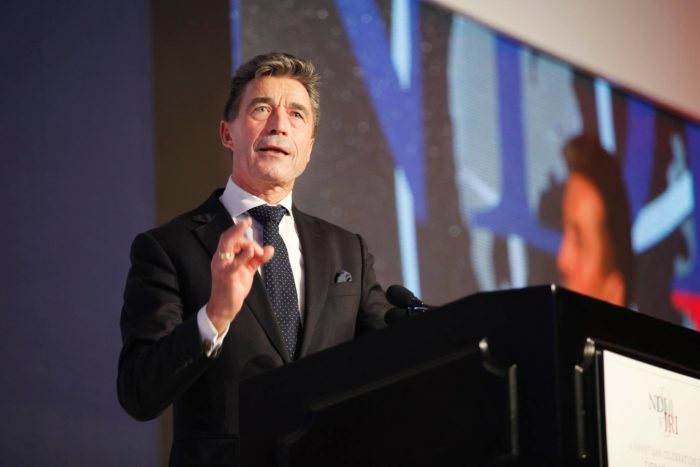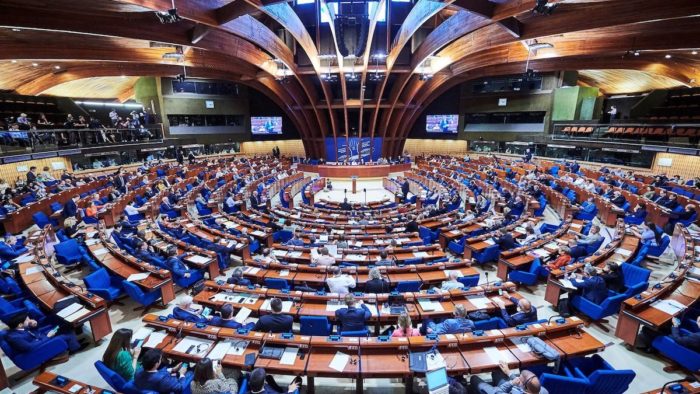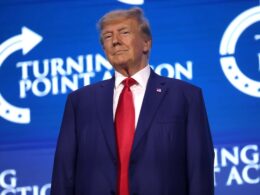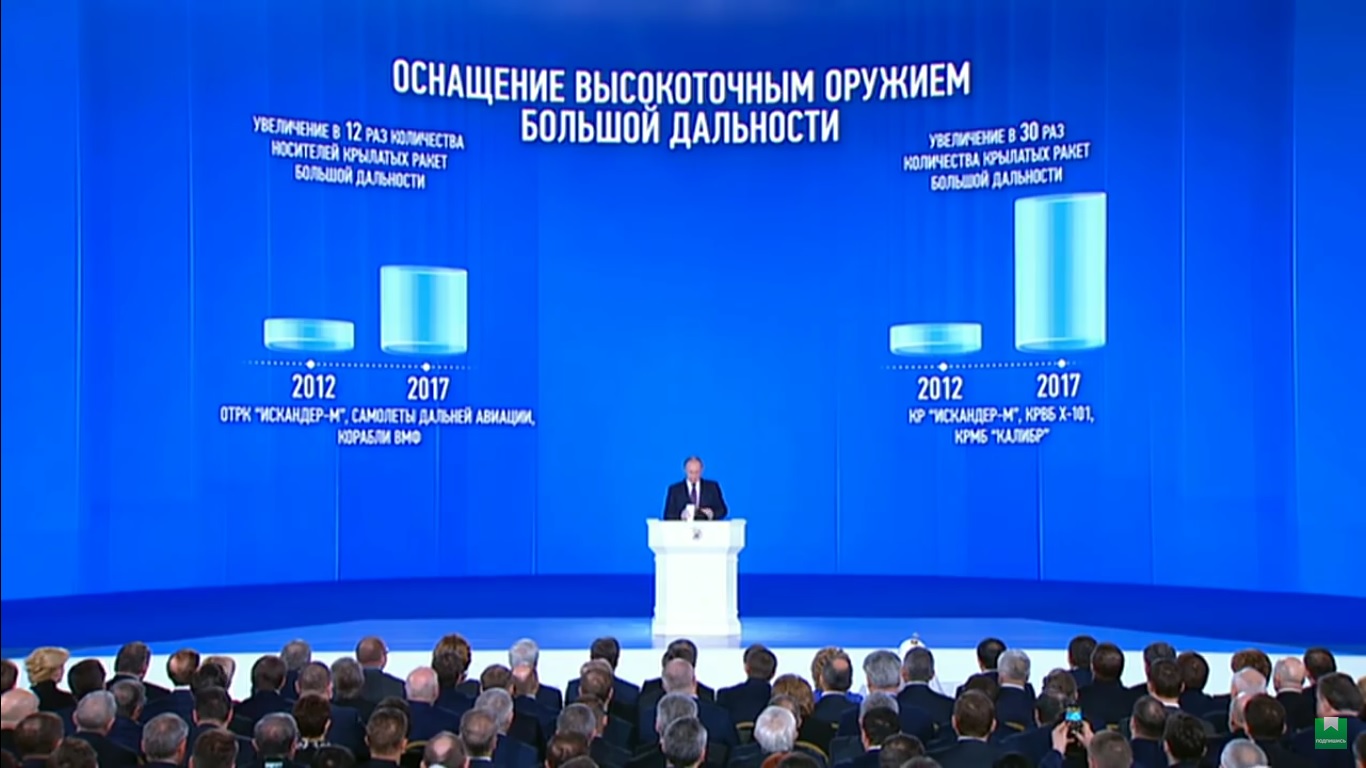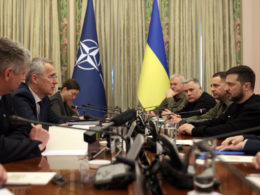Over the last year, I have spent a lot of time reflecting on the question of Ukraine’s NATO membership. Yesterday, I outlined my views in a speech in Lithuania. Here is my conclusion:
Personally, I am in favor of extending an invitation to Ukraine to join NATO at the Vilnius NATO summit. I reflected carefully on this issue because it would be the first time we invite into NATO a country that is at war. That requires careful consideration.
I have reached this conclusion for three reasons.
- In 2008, we decided that Ukraine will become a member of NATO. But we did not provide a roadmap. Now Ukraine has been in the waiting room for 15 years. It is not a safe place. The waiting room is surrounded by a gang of thugs who attack those waiting. Time has come to move Ukraine into a safe place – as we are doing with Finland and Sweden.
- It is argued that the prospect of NATO enlargement incited Putin. The truth is the opposite. It was the failure to extend security guarantees to Ukraine that incited Putin. Grey zones are danger zones. Neutrality provides no security, as Finland and Sweden realized.
- I hear the argument that we cannot give Ukraine NATO membership while there is an ongoing war. That is an extremely dangerous argument. If you make security guarantees and NATO membership dependent on cessation of hostilities, you give Putin an incentive to continue the war indefinitely.
By extending an invitation now, we tell Putin: Ukraine will become a member of NATO. You cannot stop this process. Our door is open for Ukraine, and you are not the doorman.
If allies cannot find consensus in Vilnius, the second-best option is to outline the path toward NATO membership in two steps.
- First, remove a Membership Action Plan as a prerequisite for moving toward membership. We did this for Finland and Sweden. The same accelerated path should be offered to Ukraine.
- Next could be a pledge in Vilnius to review the question of NATO enlargement at the summit in Washington DC next year.
Let me stress: An invitation does not imply accession overnight. After the invitation, we will have to work out practicalities regarding article 5.
Which area will be covered? How will we react if and when there will be new clashes in occupied territories?
In the best case, those issues will be solved by the Ukrainians themselves, when they kick all Russian troops from Ukrainian soil. If not, we will have to find appropriate answers. They are important topics for allies that take article 5 seriously. We must find the right solution for commitments that could include the deployment of troops and military equipment to Ukraine.
Regardless, Ukraine needs security guarantees now. We need strong measures to deter further Russian aggression.
That is the purpose of the Kyiv Security Compact that I co-authored with Andrii Yermak. These guarantees will not replace Ukrainian membership of NATO, they can provide a bridge until it is covered by article 5.
Related:
- NATO may deploy its troops to Ukraine, says former alliance chief – The Guardian
- Poland calls for Ukraine’s admission into NATO, France and Germany are cautious
- NATO needs Ukraine as an ally, not just a privileged partner, Ukraine’s Foreign Minister says
- NATO’s strategy shift: Stronger eastern defenses and zero occupation tolerance
- NATO countries may offer Ukraine Israeli-type security guarantees – WSJ
- Ukraine must win war to join NATO, Stoltenberg says
- Polish Senate calls for Ukraine’s rapid accession to NATO through extraordinary procedure

